Gli intellettuali e l'organizzazione della cultura is one of the six volumes in which the bulk of the writings of the Quaderni del carcere were organised after Gramsci's death.
The Sardinian thinker concentrates on the process of the formation of intellectuals in a civil and political society. After specifying the role of Italian intellectuals abroad and their cosmopolitan function, he dwells on the organisation of culture and related issues. Starting from that moment, the organisation of culture became a central theme in the left-wing debate. In October 1963, the PCI weekly “Rinascita” published a long article by Umberto Eco “on the problems of opposition culture”. This text gave rise to a debate on the role of the intellectual in which Edoardo Sanguineti, Rossana Rossanda and Louis Althusser, among others, took part. It was also part of a historical moment of explosion of the mass media. Claudio and Giandomenico Crapis retraced this debate in their book “Umberto Eco and the Cultural Politics of the Left”.
The following year, Umberto Eco published Apocalyptics and the Integrated, dwelling on the theme of mass culture. He contrasted intellectuals who were critical of modern mass culture (the “apocalyptics”) with those who instead held an optimistic view (the “integrated”). A leading figure of the “apocalyptics” was Elémire Zolla (Turin 1926 - Montepulciano 2002), a scholar of tradition and ascribable to one of the areas of thought dear to right-wing culture (although not himself) as traditionalism. His books I mistici dell'Occidente (The Mystics of the West) and Che cos'è la tradizione? (What is Tradition?) represent two texts read and appreciated by circles close to the right, as does the journal “Conoscenza religiosa” (Religious Knowledge), which he founded in 1969. Italian and international authors belonging to the “traditionalist school” but not only, from Eugenio Montale to Giuseppe Sermonti, from Rosario Assunto to Pietro Citati via Cristina Campo, collaborated in the pages of the magazine, an editorial line that led him to receive numerous criticisms.
Luisa Mangoni, in two articles published in 1968 in the magazine “Astrolabio” and co-signed with Enzo Cervelli on the relationship between politics and culture, dwelt on “the ability or otherwise of intellectuals to be mediators without losing their specificity as men of culture”. A reflection that arose from the role of Mario Alicata, who after World War II abandoned his activity as a literary critic to embrace politics. In reality, “it was an effective choice for politics and not an attempt to mediate politics and culture according to a theory-action nexus that would define the political role of the intellectual, his autonomous capacity to perform a political function as an intellectual”. It is worth dwelling not so much on Alicata but on the broader issue of the relationship between politics and culture, as his case is very common. The influence of left-wing politics in culture does not only concern Italy and actually begins before 1968. In 1955 the French writer Raymond Aron published The Opium of Intellectuals, a book criticizing left-wing intellectuals and Marxism. Aron's critique of the political myths of revolution and the proletariat was joined by intellectuals such as Sartre, Camus, Merleau-Ponty and those who justified Soviet totalitarianism and its crimes. Hence the definition of communism as a “secular religion” that became a kind of “intellectual opium” that prevented the intelligentsia loyal to the USSR from opening their eyes to reality.
And on the right? The first experience of a cultural organisation prodromal to the post-World War II development of a right-wing culture was undoubtedly “La Voce”. In the journal “Studi Storici”, Albertina Vittoria wrote an article entitled “Il partito degli intellettuali” e l'organizzazione della cultura. Dalla 'Voce' alla Einaudi”, in which, regarding Giuseppe Prezzolini's role as “cultural organiser”, we read:
"La Voce" was not important in itself, but for its ability - thanks to its editor - to attract different elements (people from Trieste, who had come to Florence to attend the Institute of Higher Studies), to link up with other intellectual groups (Benedetto Croce, who constituted the philosophical reference of the group and first and foremost of Prezzolini), with southern intellectuals such as Salvemini and Amendola: in short, the fact of being a “group”, a “unifier of intellectual forces” that were to become - according to Prezzolini's project – “political forces”.
In the post-World War II period, because of the absence of a single reference party, the right-wing cultural world for many years had no determined political side to influence cultural issues. It should be noted here that though on the left, in addition to the PCI, the PSI also played an important role, it was the Communist Party that was the catalyst. The Catholic world played an important role through parishes and Catholic schools, but the Christian Democrats were interested in areas other than culture. While parties like the Italian Liberal Party addressed a limited area, the Italian Social Movement had many initiatives around it but, having never governed, it could not really influence cultural processes.
Today, the organisation of right-wing culture, starting from the assumption of the necessary unity, must move along two lines. On the one hand, it must continue to organise its own events, initiatives and manifestations, which originate within the world of the right, while on the other hand, it must try to influence major events or institutions that address the general public.
The challenge is to go beyond one's own world of reference in order to speak to broader circles and not limit oneself to an area that already recognises itself in certain values. It is not infrequent that pluralism is not guaranteed at large events and manifestations or that cultural initiatives are politicised in the opposite direction. When such situations occur, a widespread temptation in part of the cultural right is to welcome with a mixture of disillusionment, anger and frustration the absence of pluralism in the majority of large cultural events. As if it were a status quo that is now taken for granted and cannot be changed. In reality, in order to build an organisation of culture, it is necessary to make one's voice heard even in these areas by trying to overcome a self-referentiality that sometimes exists and by speaking to the general public.
The challenge of right-wing culture is precisely this: to succeed in disseminating its ideas, values and thinkers to general public around the world as widely as possible.
Read also
Conservatives and Classical Liberals - What to Choose?
In a political and cultural context as changeable as the contemporary one, any use of rigid categories to define parties and alignments or thinkers and men of culture can be misleading.
Francesco Giubilei
Chantal Delsol: France is a country of riots. And for specific reasons.
Every uprising has its own motives, linked to the events of the day.



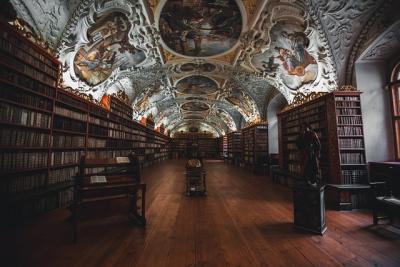

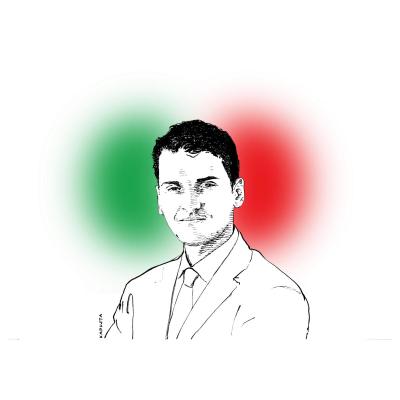
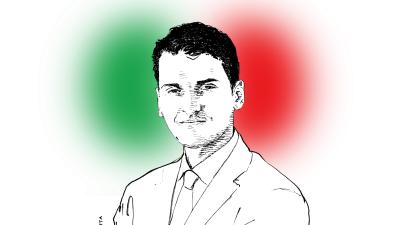

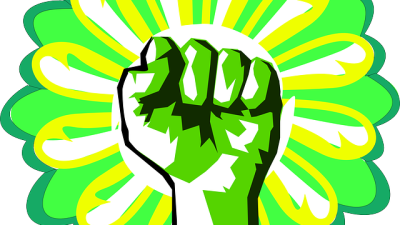

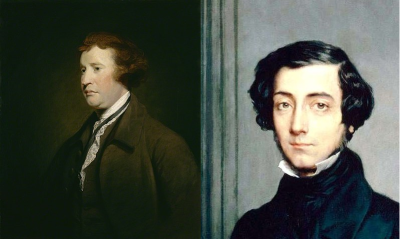

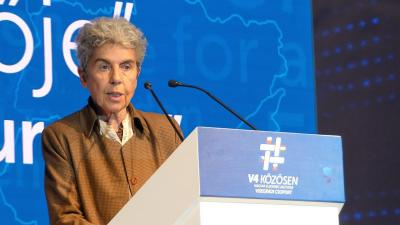

Comments (0)